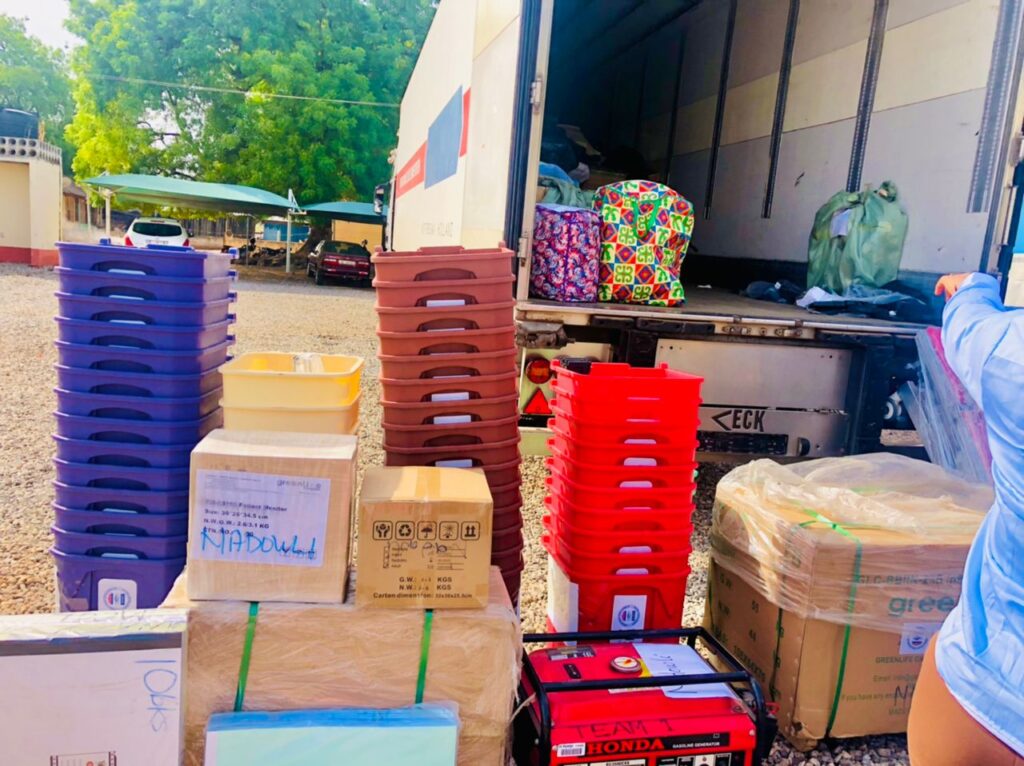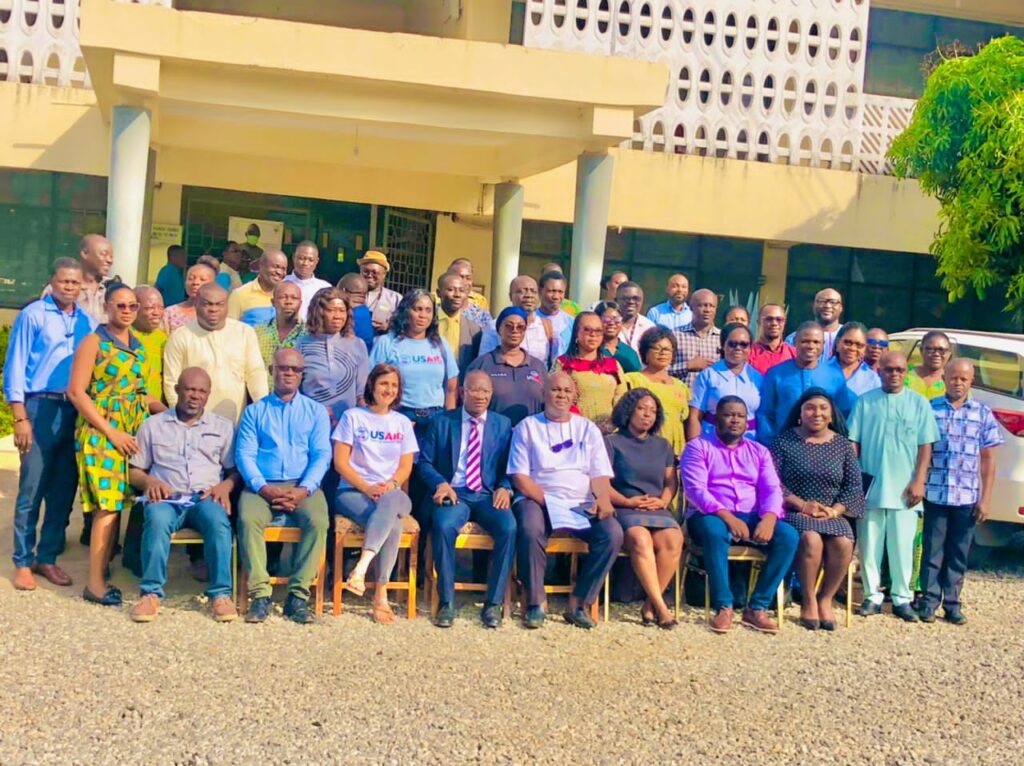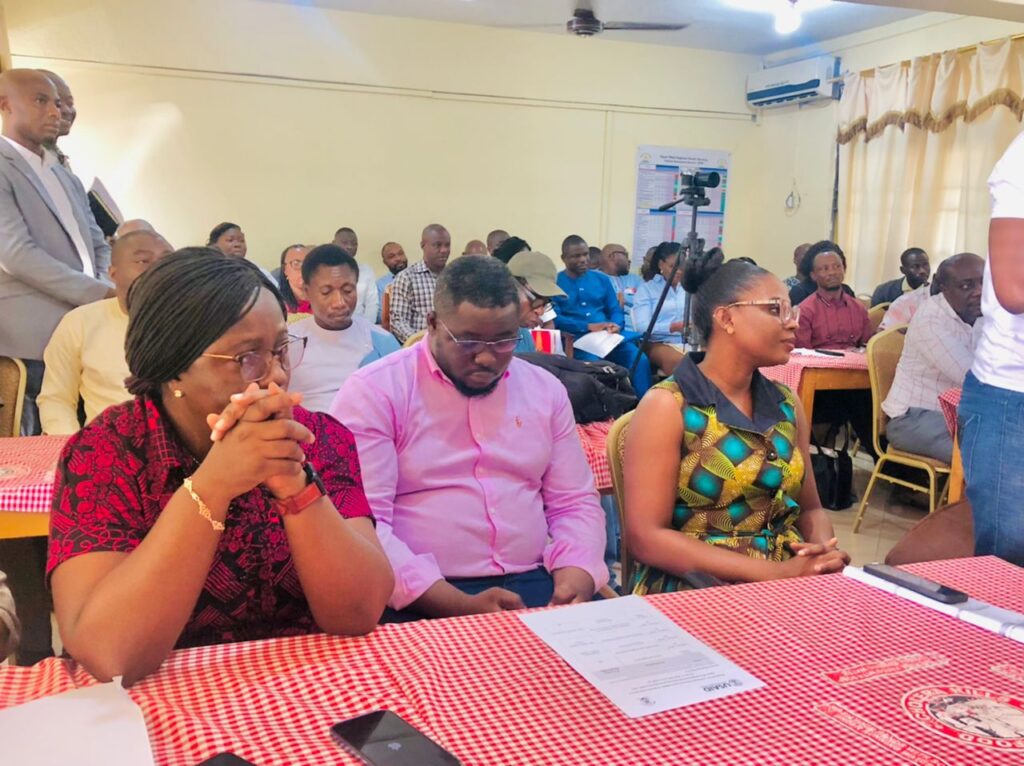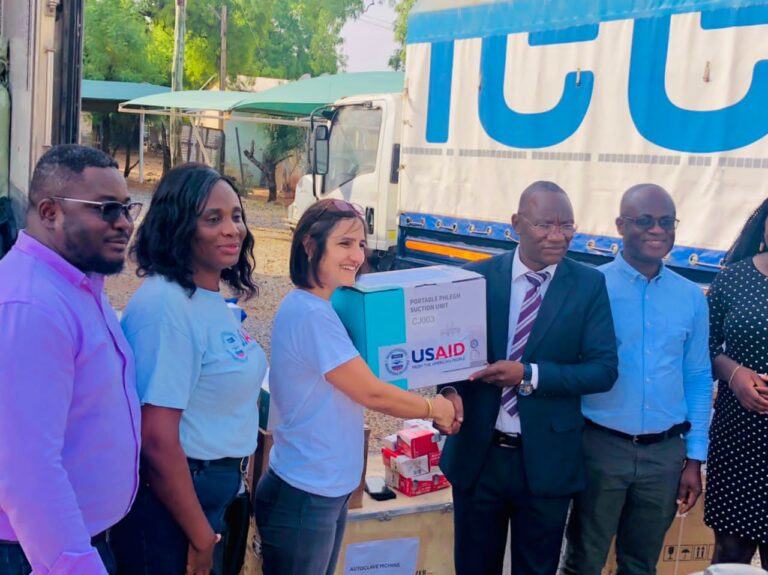The Ghana Health Service (GHS) in four regions of the North (Upper West, Upper East, North East and Northern) has been given a boost in the form of state-of-the-art equipment necessary for health service delivery.
The United States Agency for International Development (USAID) donated various hospital equipment valued at $1 million, which is equivalent to GHC12.6 million. The equipment is intended to help improve healthcare services in the areas of labour and delivery, newborn care, under-five care, and family planning.
At a brief ceremony in Wa, the Upper West Regional capital, to hand over the equipment to the Ghana Health Service, the Director of Health Population and Nutrition Office at USAID Ghana, Dr. Zohra Balsara, said the USAID is aware of “the inability of the system to provide quality healthcare services” over the years due to “unavailability of essential medicines and essential equipment”, highlighting the need to make available such necessaries in addition to improving the skills of health personnel through training.
“So, that is why we are here today to hand over all this beautiful equipment to the Ghana Health Service across the northern regions,” she stated, valuing the items at “One Million US dollars”.

Dr. Zohra noted that the donation was one of the many interventions of the USAID towards strengthening the “primary healthcare system in Ghana”.
According to her, the main focus of the USAID in health is “preventable newborn mortality”, which she said has seen improvement in the last ten years. She expressed excitement over the reduction in neonatal mortality rate from a high of 29 deaths per 1,000 live births in 2014 to 17 per 1,000 live births in 2022 as reported by the Demographic Health Survey.
The Director of the Health Population and Nutrition Office underscored the need for all stakeholders to join hands in ensuring effective health systems in Ghana, particularly in Northern Ghana, so that the country can meet the sustainable development goal (SDG) on newborn mortality of below 12 per 1,000 live births by 2030.

Impact of USAID
Receiving the items on behalf of the five regions, the Upper West Regional Director of Health Services, Dr. Damien Punguyiri acknowledged the “unwavering commitment” of USAID in improving health outcomes in Ghana. He thanked the agency for its continuous support and partnership.
Dr. Damien stated that the equipment “will be put maximum use, and that “we will ensure good maintenance culture to promote their longevity and to drive the highest benefit from this kind gesture”.
According to Mr. Punguyiri, the agency has contributed immensely to the healthcare system of the Upper West Region in particular, noting that the support provided by USAID over the years is invaluable and worthy of celebration.
“USAID has played a pivotal role in addressing some of the most pressing health challenges facing health service delivery in the northern regions,” he noted. The USAID, through strategic partnerships, “has been supporting our regions in implementing various projects in a complementary manner to enhance quality service delivery,” he added.

Dr. Damien enumerated some of the targeted interventions to include the strengthening of health infrastructure, capacity building, advancing maternal and child health, and improving access to essential healthcare services. These, he said, have made “a lasting and tangible impact on the lives of many individuals in the Upper West Region”.
He pledged the commitment of the GHS in the beneficiary regions and Ghana at large to work with the USAID “to consolidate the gains made over the years”.
Appeal for incubators
While appreciating the kind gesture, Dr. Damien also appealed to the USAID to help the neonatal intensive care unit (NICU) of the Wa Municipal Hospital with incubators to improve newborn care.
He said the Hospital which serves as a referral centre for cases from the Nadowli/Kaleo, the Wa East and the Wa West districts is challenged by inadequate incubators, thus, affecting the output of the facility.
The USAID has been in Ghana since independence. It invests about $140 million, annually, in the country to improve health, education, economic growth, and governance. In health, for instance, the agency has invested in CHPS compounds, capacity building of health practitioners and currently leading the roll out of the Network for Practice in the country.
Filed by: Hafiz Timbile Adams

